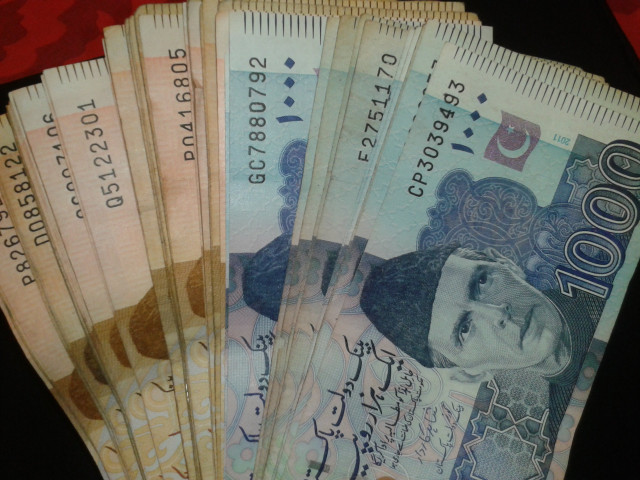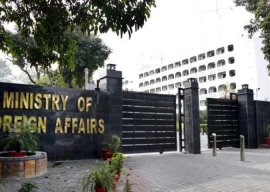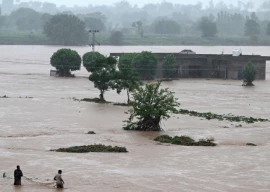
Global development partners have agreed to provide $48 million to improve the nutrition status of Pakistani children of up to two years old, as well as pregnant and lactating women.
Out of the total assistance, the World Bank will provide a concessionary loan of $36.2 million while another amount of $11.7 million will be given in grants by Australia, according to a handout issued by the country office of the World Bank. Islamabad will contribute $8.5 million from its own resources.
The World Bank loan will be spent in Sindh while the grant component will go to Balochistan –the two federating units facing the worst kind of stunting in children. The Australian grant extended from the Trust Fund for the Pakistan Partnership for Improved Nutrition, financed by the Department for Foreign Affairs and Trade of Australia will also be administered by the World Bank, it added.
The project has been approved after a delay of four years. The WB’s Board was supposed to approve in December 2010 at a total cost of $65.4 million including the WB’s loan component of $40.1 million. However, the WB’s share has been slashed to $36.2 million. The Australian grant was too cut down to $11.7 million from $15.9 million.
The project, ‘Enhanced Nutrition for Mothers and Children’ will specifically target women and the relatively high proportion of stunting that occur during pregnancy, according to the WB. The project will support scaling-up of well proven maternal nutrition interventions for women of child-bearing age and sharpening the nutrition focus of ante-natal visits and provision of daily Iron Folic Acid supplementation during pregnancy.
The WB said that all the provinces in Pakistan are facing challenges of malnutrition. Over half of the children under five in Balochistan and precisely half of total children in Sindh are stunted and these rates have worsened in these two provinces since 2001, said the Washington-based lending agency.
Likewise, almost half of the children in Khyber-Pakhtunkhwa (KP) and four out of ten under five years in Punjab are stunted. While the project focuses initially on Sindh and Balochistan provinces, the aim is to enhance national coverage through coordination of support between Pakistan’s development partners, said the World Bank.
The nutritional status of children under five years is worse than the national average in Sindh and Balochistan, said the WB’s Country Director for Pakistan Rachid Benmessaoud, He said the project interventions would help the governments of Sindh and Balochistan to focus on building capacity within the provincial departments of health for delivery of nutrition services in order to address chronic malnutrition.
The World Bank said the preliminary findings of the 2011 National Nutrition Survey revealed that the rates of child stunting have not changed in Pakistan since 1965.
The project will have three components that are addressing general malnutrition in women and children, addressing micronutrient malnutrition and strengthening institutional arrangements.
According to the project reports, Pakistan is not on track to achieve health and nutrition related Millennium Development Goal (MDG) targets. Inequity in health and nutrition services is a major concern. The reports found that access to health and nutrition services is significantly better for wealthier and urban Pakistanis.
Published in The Express Tribune, August 31st, 2014.


















COMMENTS
Comments are moderated and generally will be posted if they are on-topic and not abusive.
For more information, please see our Comments FAQ